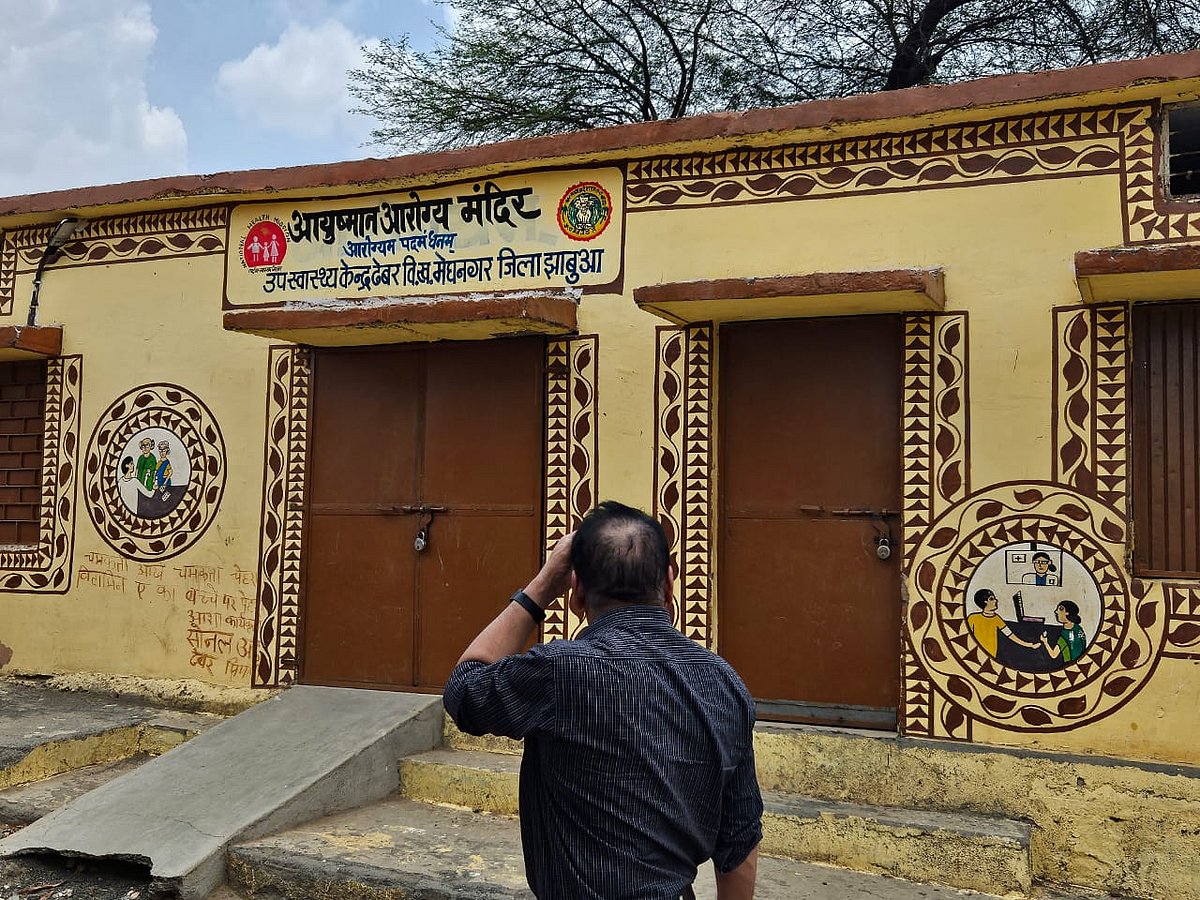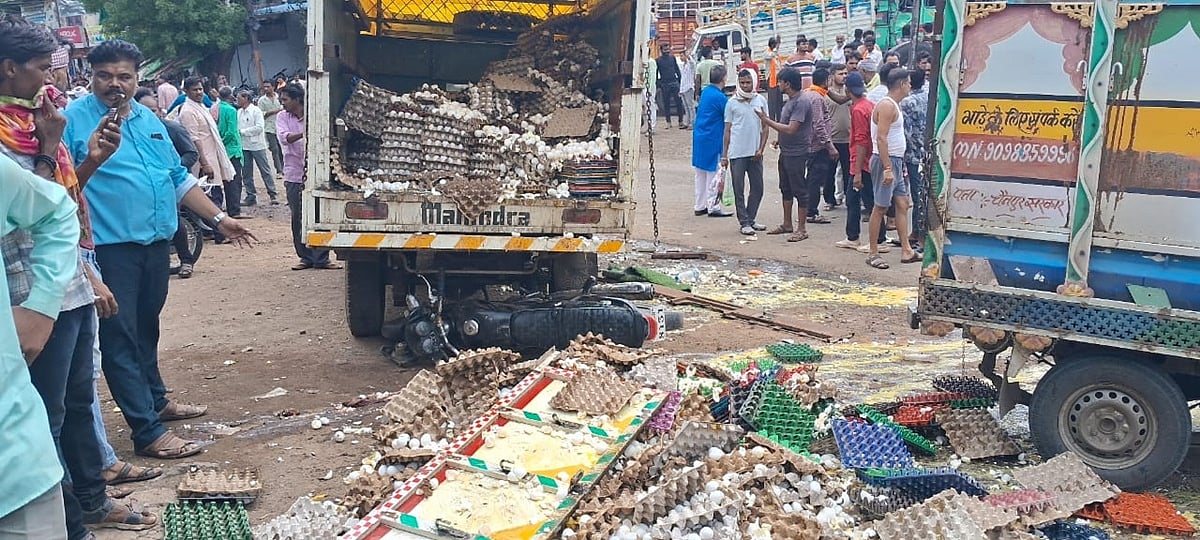Indore (Madhya Pradesh): The doctors of a private hospital gave a new lease of life to a 23-day-old baby by giving him a DC shock. The doctors claim that the baby was suffering from paroxysmal supraventricular tachycardia (PSVT) due to which his heart was beating over 2-3 times faster than that of a normal baby.
According to Dr Jafar Khan, a couple from Sanawad approached him with their 23-day-old baby suffering from the rare disease. “The baby was admitted to the hospital on January 22 and medicines were administered to him, but he wasn’t responding to them. Later, we decided to give DC Cardioversion to the baby to bring his heartbeat to normal,” Dr Khan said. He added that it was a tough decision for the family to go through and it was his first experience with it, too, in the past 25 years.
‘We gave the DC cardioversion to the patient after which his heartbeat came down to normal as his heartbeats decreased from 350 to 150 bpm. Now, the patient is stable, but medicines will be administered to him for a couple of months to maintain the heatbeat at the normal rate. The prevalence of the disease is one in 25,000 infants, ’ says Dr Jafar Khan.
What is PSVT?
According to the report of Journal of Paediatric and Neonatal Individualized Medicine, paroxysmal supraventricular tachycardia (PSVT) is the second-most common arrhythmia in children after sinus tachycardia. A heart rate (HR) higher than 220 bpm in children below one year of age and higher than 180 bpm in children above one year is a suspect case for PSVT
A normal heartbeat is caused by an electrical impulse travelling through the heart. The electrical impulse originates in the sinus node, most often located in the top of the right atrium. The electrical signals travel through the heart tissue to the bottom chambers of the heart, called the ventricles
The electrical impulse causes the top chambers (atria) and bottom chambers (ventricles) of the heart to beat regularly and sequentially. Rapid heartbeat (arrhythmia) does not allow the ventricles to fill with an adequate amount of blood, because an electrical signal is causing the heart to pump too fast
Symptoms of SPVT
A report of the Children Hospital of Philadelphia stated that symptoms of supra-ventricular tachycardia in children may include: heart palpitations, rapid heartbeats that occur suddenly and randomly, chest pain, dizziness and syncope (fainting or collapsing)







